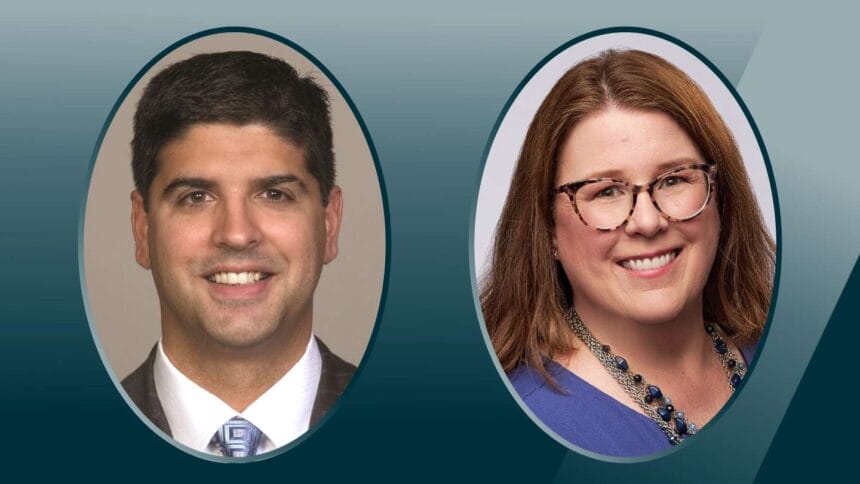
By now, if you’ve worked in a skilled nursing or assisted living facility for any substantial period of time, you are bound to have endured, at some point, offensive verbal epithets and slurs spewed by various residents. Sadly, even today, such resident harassment of staff is not uncommon.
But on May 9, 2024, the 7th Circuit Court of Appeals issued an interesting ruling that upheld a lower court’s ruling that mostly excused a skilled nursing and assisted living facility operator from liability for “third party” resident harassment based on racial slurs used by elderly residents against a group of African American nurses and staff.
The 7th Circuit held that the Equal Employment Opportunity Commission failed to prove the existence of a hostile work environment based on racial discrimination when various African American employees were called racial slurs on multiple occasions by residents of the facility. The EEOC alleged that these verbal slurs created a pervasive or severe hostile work environment at Hamilton Pointe, which rose to the level of actionable workplace harassment. The EEOC brought Title VII claims of racial harassment against the facility on behalf of 52 African American employees.
After years of litigation, the lower court issued a grant of partial summary judgment and dismissed the claims of 15 employees in favor of Hamilton Pointe, holding that there was no severe or pervasive harassment based on the employees’ race. The EEOC continued the case in the lower court and brought the remaining plaintiffs’ claims to trial before a jury. The jury awarded damages to only one employee with its verdict.
The EEOC appealed and the 7th Circuit examined whether the EEOC satisfied its burden to show that the alleged racial harassment was so severe or pervasive that it altered the conditions of employment for the facility’s employees. The 7th Circuit concluded that “the evidence of record does not support, under established principles of law, a case of racial harassment that was so severe or pervasive as to alter the conditions of employment for any of these claimants.”
Specifically, the 7th Circuit said:
“The residents’ repeated use of the N-word is troubling. But apparently some, and perhaps most, of these aspersions came from patients suffering severe mental impairments. As we have noted, a resident’s racist statement, although still very offensive, is not entitled to the same weight as would be warranted if the same statement was made by a co-worker. This conclusion is especially true when the speaker is or could be perceived to be suffering from a medical condition.”
In other words, the 7th Circuit recognized that racial slurs made by mentally impaired residents in the facility towards its employees should not be given as much weight in creating a hostile work environment as other racial slurs in the workplace.
In case you think that this case gives a “get out of jail free” card to residents and permits them to cast racial slurs against nurses and other staff without risk of liability for the facility, think again.
The 7th Circuit was careful to point out in its 82-page decision that these cases and liability for the employer facility will be examined individually and really hinge on the totality of circumstances in each case. In this case, the 7th Circuit meticulously analyzed each employee’s claims and allegations of harassment to determine whether a hostile work environment was created.
Employer facilities still can be held liable for third-party racial slurs made by residents if the facility does not take proper corrective action after learning about the alleged resident harassment. Case law is clear on that.
Significantly, the 7th Circuit also found that some of the African American workers never reported the alleged harassing conduct to their employer or followed the proper complaint process, which would have allowed the facility to take appropriate action in response. These factors, taken together in the totality of the circumstances presented, led to the decision in favor of the facility.
Indeed, the 7th Circuit provided a warning in its own ruling, stating that it was merely following existing law. The court said that it did not condone the residents’ behavior, and almost blamed the existing statutory and regulatory landscape for its ruling:
“It is also an important point for the reader of this opinion to keep in mind. As presently constituted, the federal law governing racial harassment proscribes conduct that is so severe or pervasive as to change the conditions of the victim’s employment. It does not ensure that the worker will have wise and skilled superiors with a sharply honed sense of social justice and a mastery of personnel management skills. We have applied that existing law today. Our opinion constitutes, however, no approval of the situations portrayed in the pages of this record. Whether our legal norms ought to be tightened or updated at the federal or state level to ensure a higher level of civilization in our healthcare institutions is a pressing subject within the ken of our legislatures and regulatory agencies.“
In the end, facilities need to be careful about taking this “victory” in favor of the assisted living facility too far. Facilities that ignore or allow such resident slurs, whether based on race, sex or other protected categories, to persist against staff are likely to be the named respondent in continued legal action from the EEOC and aggrieved staff.
The key to avoiding liability is for facilities to have thoughtful discrimination, harassment and retaliation policies and a culture of prevention in place. Then, they must follow those policies at all times and take action when a facility learns about race- or sex-based or other offensive behaviors by residents.
Despite this ruling by the 7th Circuit, failure to respond to a staff member’s concerns, or take other appropriate action in defense of staff in the face of such verbal abuse, could still cause substantial liability for facilities.
Jennifer Long is a Special Counsel in the Chicago Office of the Employment, Labor, Benefits and Immigration Practice Group at Duane Morris LLP, [email protected].
Neville M. Bilimoria is the Managing Partner of the Chicago Office, Partner in the Health Law Practice Group and member of the Post-Acute Care And Senior Services Subgroup at Duane Morris LLP.
The opinions expressed in McKnight’s Long-Term Care News guest submissions are the author’s and are not necessarily those of McKnight’s Long-Term Care News or its editors.
Have a column idea? See our submission guidelines here.






